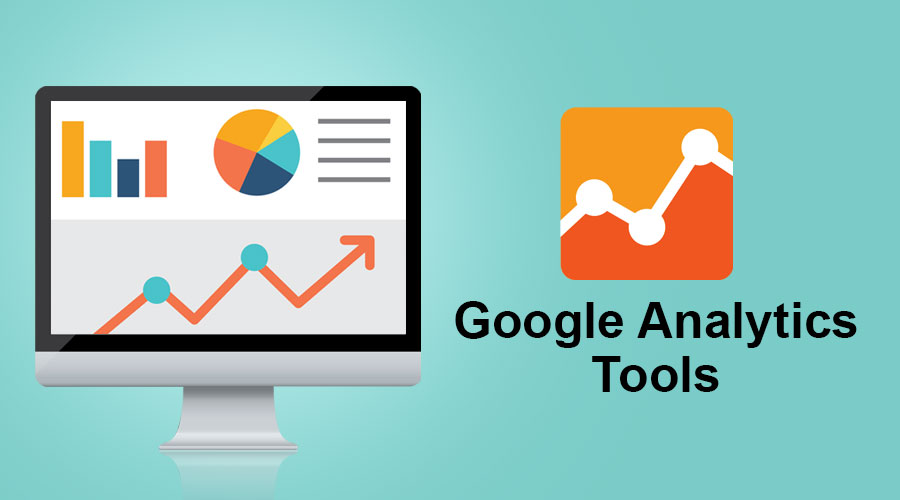Increase Effectiveness and Profitability With Information Analytics
In today's data-driven landscape, companies are increasingly acknowledging the essential function of information analytics in boosting functional effectiveness and profitability. By systematically analyzing data, companies can reveal critical understandings that notify strategic choices, simplify processes, and dressmaker consumer experiences.
Comprehending Data Analytics
In today's data-driven landscape, recognizing data analytics is essential for companies intending to enhance functional performance and drive earnings. Data analytics involves the systematic computational analysis of information sets to discover patterns, relationships, and understandings that educate decision-making. By using different techniques, such as statistical evaluation, machine understanding, and predictive modeling, organizations can transform raw data into workable knowledge.
The process usually starts with information collection, where appropriate info is collected from several sources, consisting of transactional databases, consumer communications, and market fads. This information is then cleansed and arranged to make certain precision and uniformity. Once the information is prepared, logical tools and software are used to check out and envision the information, making it possible for stakeholders to determine abnormalities and patterns.
Eventually, understanding information analytics encourages organizations to make informed decisions based upon empirical evidence instead of intuition. It promotes targeted strategies that can maximize source allotment, enhance client complete satisfaction, and boost general efficiency. As businesses progressively acknowledge the value of data-driven understandings, a solid grasp of information analytics ends up being a crucial proficiency for groups and leaders alike, placing them for continual success in an affordable atmosphere.

Key Advantages for Companies
Companies that leverage data analytics can unlock a multitude of advantages that substantially boost their operations and profitability. One of the key advantages is boosted decision-making. Information analytics provides actionable understandings derived from real-time data, allowing companies to make enlightened choices that line up with market needs and consumer preferences.

In addition, data analytics promotes enhanced consumer experiences. By understanding customer habits and choices, organizations can tailor their offerings, resulting in increased satisfaction and commitment. This tailored method often leads to higher conversion prices and repeat service.
Furthermore, information analytics allows businesses to recognize emerging chances and fads. By remaining in advance of the curve, organizations can maximize new markets and innovations prior to their competitors.
Applying Data-Driven Strategies
Effective implementation of data-driven methods calls for a comprehensive understanding of both business goals and available information resources. Organizations has to initially define their goals clearly, ensuring alignment in between information campaigns and tactical goals. This clarity enables teams to concentrate on pertinent metrics and understandings that drive decision-making.
Next, services need to evaluate their existing data infrastructure. This involves evaluating data quality, access, and integration capabilities. Top quality information is essential for precise evaluation, as inadequate data can lead to misguided techniques and thrown away sources. Organizations should develop procedures for data collection, cleaning, and management to maintain information integrity.
Additionally, cultivating a data-driven culture is crucial. Employees at all degrees ought to be motivated to leverage data in their everyday operations. Training workshops and programs can boost data proficiency, encouraging team to make enlightened decisions based on logical understandings.
Tools and Technologies Review
A durable suite of innovations and tools is essential for click site organizations aiming to harness the complete capacity of information analytics. These devices assist in the collection, processing, and visualization of data, enabling services to obtain actionable insights.
At the foundational level, information monitoring systems such as SQL data sources and NoSQL systems supply reliable data storage space and access abilities. For information processing and evaluation, navigate to this site programs languages like Python and R, along with frameworks such as Apache Glow, enable complex computations and artificial intelligence applications.
Visualization tools, consisting of Tableau and Power BI, change raw data right into intuitive graphical layouts, making insights easily accessible to stakeholders at all levels. Furthermore, cloud-based platforms like Google Cloud and AWS offer scalable storage space and handling options, fitting the expanding quantities of information organizations encounter.
For innovative analytics, predictive modeling and AI-driven solutions are significantly embraced, enabling business to anticipate fads and boost decision-making processes. Integrating these tools right into existing process is extremely important; companies that effectively leverage this technology can significantly improve operational efficiency and drive earnings. Therefore, spending in the right tools and modern technologies is a tactical vital for any data-driven organization.
Situation Studies of Success
Leveraging data analytics has actually led many companies to achieve exceptional improvements in effectiveness and profitability. One significant instance is a big retail chain that applied anticipating analytics to maximize stock monitoring. By assessing historic sales information and consumer patterns, the firm minimized excess inventory by 30%, bring about considerable cost savings and enhanced cash money circulation.
Another example can be located in the production industry, where a leading auto maker utilized information analytics to enhance its manufacturing processes. By keeping an eye on equipment performance in real-time, the organization recognized bottlenecks and inadequacies, resulting in a 20% rise in overall equipment performance (OEE) This not only improved production prices however likewise decreased downtime and maintenance expenses.

These study illustrate exactly how data analytics can drive strategic decision-making, maximize processes, and inevitably boost both effectiveness and earnings across numerous industries.
Conclusion
In final thought, the assimilation of data analytics into organization operations offers significant opportunities for enhancing effectiveness and profitability. By systematically evaluating information, organizations can recognize inadequacies, maximize customer experiences, and make notified choices.
In today's data-driven landscape, understanding information analytics is vital for companies aiming to improve functional efficiency and drive earnings. Data analytics involves the methodical computational evaluation of data sets to discover patterns, connections, and understandings that notify decision-making. Data analytics supplies workable insights obtained from real-time information, permitting services to make educated choices that line up with market needs and customer choices.
High-quality data is necessary for precise evaluation, as bad information can lead to illinformed methods and visite site squandered sources. Organizations needs to develop procedures for information collection, cleaning, and monitoring to maintain data integrity.